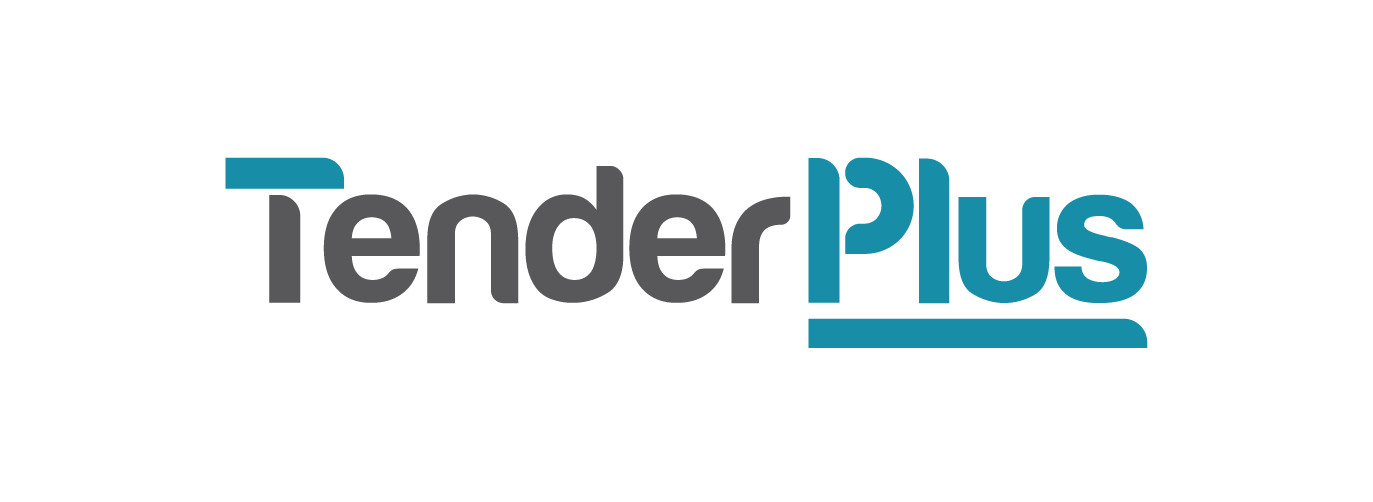3 simple tips to help you get the most from your tender debriefs
Ryan May, Tender Specialist (Perth)
3 simple tips to help you get the most from your tender debriefs
In my opinion, tender debriefs are one of the most important steps of future tender planning. They are also one of the most overlooked - and I get it. The last thing you want to be doing right as you finish a tender is to start on another document (that won’t affect the tender you just submitted). But it’s worth doing while the information is fresh in your mind. Trust me, future you will be grateful you did.
Though they may not seem like that big of a deal, tender debriefs really are crucial. How else can you identify areas that require improvement or change if you don’t give yourself and your bid team time to reflect on what worked well and what didn’t? Only through small changes implemented over time do we meaningfully increase the impact of our tenders, and this is only possible if you consistently hold tender debriefs. Oh, and importantly – they have to be effective.
So, how do you conduct an effective tender debrief? A good debrief requires direction, collaboration and a willingness to act on outcomes. Here’s how to succeed in all three.
Build a debrief template
Creating a template for yourself and your team to use will help to guide thoughts and observations into valuable takeaways that can then be discussed and actioned upon. Break the debrief into separate topics such as:
Team cohesion
Communication
Strategy and process, and
Final submission quality.
To capture even more detail about the tender that was, I recommend asking your team to note down their thoughts and opinions in the debrief document as the tender is progressing. This will help them create a clearer picture of their overall thoughts when they sit down after the tender is complete. Don’t rush them (or yourself) when they reach this step. Allow a few days at least for everyone to reflect on and document their impressions before gathering the team for the next stage.
Facilitate discussion
Discussion will give life to new ideas and enhance those that have already been committed to paper. Different perspectives help to build a complete picture of what worked well and needs improvement, making it easier to develop strategies that play to each. This is particularly important as no single person will have a complete idea of the experiences of everyone, particularly as the team’s roles are likely to have been different across the tender. For example, someone conducting tender writing is likely to run into different issues than someone performing tender management. Even similar or identical issues shared by multiple people are made unique through their individual perspectives and applied approaches.
Obviously, discussions only work when people actually talk. If people are close-lipped, direct questions specifically to them asking about their experience. Perhaps you noticed them struggling with something during the tender or caught someone fist pumping after a meeting. Get that person to expand on their wins and losses to capture the lessons in their stories.
On the flip-side, you don’t want the conversation swerving off-track or turning destructive. You’re here to learn about issues with the process, not drag Lucinda in procurement through the mud for a solid 30 minutes because she didn’t respond to someone’s email for three days. There’s a place for venting / airing your grievances, but this type of debrief is concerned with continuous improvement.
Most importantly, identify the root of people’s problems and agree on solutions that will add value to the processes of your team or business. Note down the solutions, what catalysed them and when you will implement them. It’s important to get this in writing – change is a difficult thing, and most people are resistant to it on some level. Know that you need to put this fear aside and hold yourself and others accountable to these changes.
Implement change
Changes may be immediate or gradual, depending on what your team uncovers. It is important to follow through on the changes discussed, as there is little point in holding a debrief that accomplishes nothing. Changes can be as simple as asking for more information from clients earlier or as complex as a complete overhaul of your team’s approach to workload delegation.
It’s integral to maintain an agreed methodology that details these changes. It should describe what they are, why they came about and what they aim to achieve. Everyone needs to be across these changes for them to be effective and so having an accessible place that lists them all is pivotal.
Of course, if a change isn’t working out (after a sufficient period of trialling) then don’t torture yourself and everyone else. Revert the change and go back to the drawing board. Even if you don’t find an answer now, knowledge generated from future debriefs may help to develop a new and improved solution.
Keep trying to host those debriefs, or if you already do, do your best to maintain their consistency. It’s rarely easy but the more time you put into them, the more you will see your submissions improve.
For those still trying to make time for tender debriefs – or if you’re just looking to make fast, positive change to your business through professional tender assistance – get in touch! TenderPlus offers sophisticated tender services including tender writing, tender coordination and tender strategy that are guaranteed to boost the quality of your tenders.
If you’re interested in learning more about getting the most out of your tenders, look no further than our posts on What we learn from losing bids and Making collaboration work.
